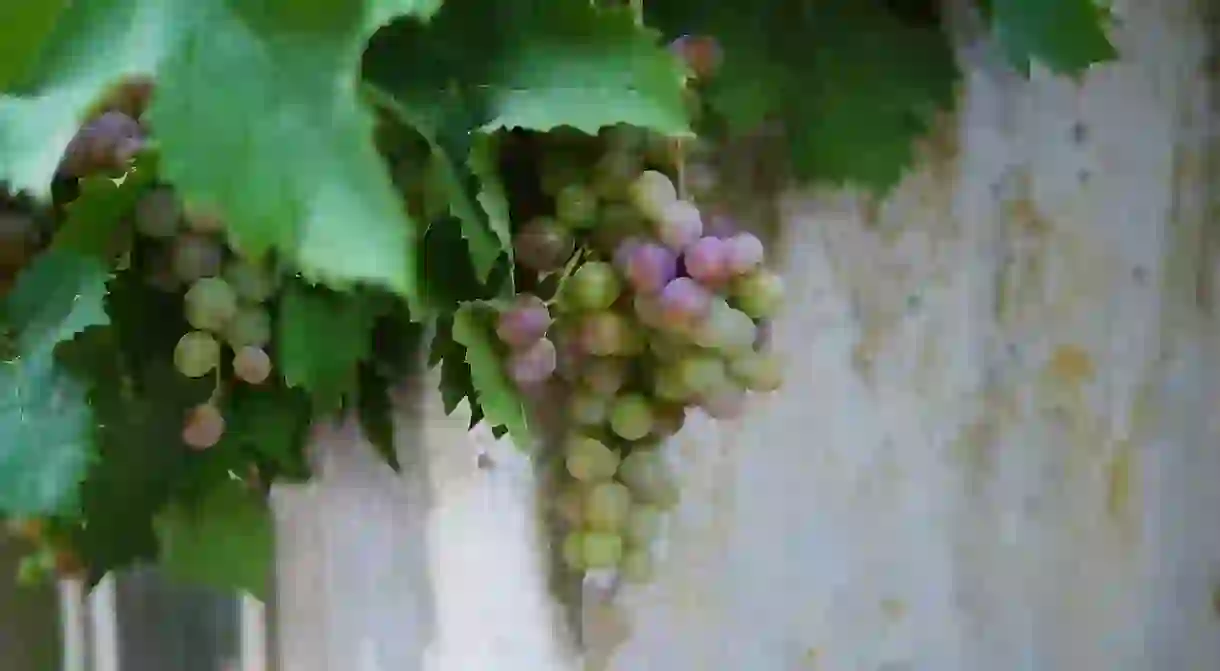The Rise of Natural Greek Wines

As one of the world’s oldest wine cultures, Greece has a rich production of delicious and mouth-watering wines, though they may not be well known internationally. But as Greece is not impervious to common trends, there has been a rise in natural Greek wines, and wine lovers couldn’t be happier.
What are natural wines?
For those not familiar with the term, natural wines are those produced with little to no intervention. Also, vineyards that practice organic farming methods don’t add any sulphites (mainly SO2 sulfur dioxide), and they don’t apply any yeast, stabilisers or enzymes as well. The trend goes hand in hand with the generalised tendency for customers to demand more natural and organic products, whether it be food or other consumer products.

And even though many wine producers who are making more conventional labels may find the name misleading – the term natural wines doesn’t mean that regular wines are ‘unnatural’ and therefore inferior, but rather that emphasis is placed on the winery and not on the raw material itself – natural wines are a new trend that is gaining momentum on a larger scale. The establishment of the Raw Wine Fair, a two-day celebration of natural, organic and biodynamic wines that started in London and has now spread to New York, Los Angeles and Berlin, is evidence of this. The event is the opportunity for winemakers from around the world who utilise these natural methods to showcase their products and for any visitor to taste them.
What about Greece?
While Greece may have to wait for a while before it has its own natural wine fair (or not, who knows), more and more Greek winemakers have been producing delicious and characteristic natural wines that deserve to be recognised beyond our borders. Oenorama is an annual wine festival giving visitors the opportunity to discover the fascinating world of Greek wines, and you may encounter some producers catering to the raw wine lovers. However, to help you on your raw wine adventure, here is a small list of some of the Greek natural winemakers you should try the next time you fancy something different. Greece and Grapes has also compiled a list of Greek organic and natural wines, if you wish to find specific labels.

Ktima Ligas
Winery

Associated with winemaking since antiquity, Pella, in northern Greece, is home to the domaine Ligas. This family winery applies minimal intervention practices to winemaking, which allows for the varietal features to shine through. Using Roditis, Assyrtiko and Kydonitsa grape varieties for their white wines, and Xinomavro and Limniona for reds, the winery is part of the program Wine Roads of Northern of Greece.
Ktima Tatsis
Winery

Following organic farming practices, the Tatsis winery, located in Goumenissa, northern Greece, includes the local red varieties of Negoska and Xinomavro. Cabernet Sauvignon, Merlot and Cinsaut are also cultivated. For whites, Roditis Alepou, Malagousia and Chardonnay are used.
Domaine Sclavos
Winery

Preferring to grow indigenous varieties, as they are better adapted to the region’s soil, Sclavos winery in Lixouri, Kefalonia, is certainly a forerunner in biodynamic wine cultivation in Greece. The white Metageitnion is one of its best natural representatives.
Domaine Tetramythos
Winery

Located in Ano Diakopto, in Achaea, Peloponnese, Tetramythos Bio Winery produces a selection of natural wines worth exploring. The Roditis is expressive and complex with notes of minerality. There is also a Muscat and the lesser-known local variety, the Mavro Kalavrytino (Black of Kalavryta).













